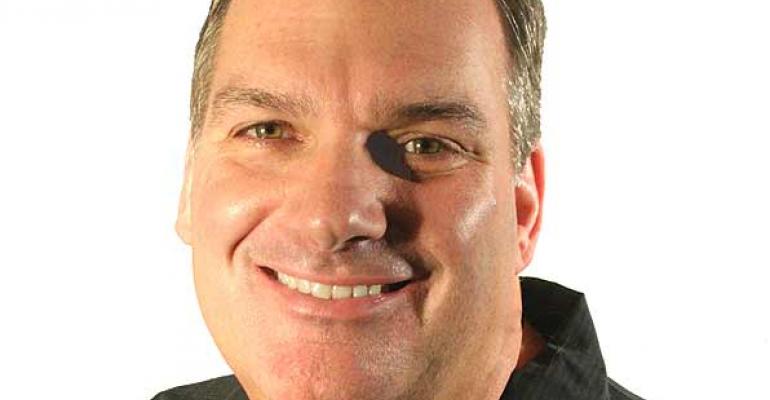 It takes a different sort of spirit to work in the world of events. Individuals must be willing to work long hours on weekends and holidays, have a “show-must-go-on” mentality, and get a charge from transforming a blank ballroom or an empty field into an entertainment venue. These traits are woven into the DNA of all successful event professionals. However, in an urgency to please clients, job-site safety is one strand of DNA that is sometimes missing.
It takes a different sort of spirit to work in the world of events. Individuals must be willing to work long hours on weekends and holidays, have a “show-must-go-on” mentality, and get a charge from transforming a blank ballroom or an empty field into an entertainment venue. These traits are woven into the DNA of all successful event professionals. However, in an urgency to please clients, job-site safety is one strand of DNA that is sometimes missing.
This can be especially true in the field of event power if the event planners’ safety consciousness is not high. Although few events would be possible without the availability of reliable electricity, many treat this important service as a commodity. Far too many event planners and managers look for the lowest price without considering that supplemental power installations can be one of the most dangerous services provided on an event site. Selecting a power provider with an established safety program is essential to not only guarantee a successful outcome of an event, but to ensure co-workers, clients and their guests are safe while on site.
When evaluating a power company’s safety program, event managers should take into account:
1) Equipment: Is it UL-listed and does it meet National Electrical Code (NEC) standards for intended use? Are their generators grounded using the appropriate materials, as required? Is the installation area clearly marked by the local utilities for any underground hazards? If outdoors, are all electric panels 4-rated by National Electrical Manufacturer Association (NEMA) for outdoor and wet environment use? Finally, are the cables rated for outdoor use and run neatly, and are electrical convenience outlets Ground Fault Circuit Interrupter (GFCI)-protected for damp or wet environments?
2) People: People on a project site should wear proper personal protection equipment (PPE) while working where hazards exist. Are they geared in steel-toe footwear, highly visible safety vests, head and eye protection, and cut-proof gloves? Technicians should also provide proper certification that they are trained to install equipment in a safe and neat manner, and operate equipment such as forklifts and manlifts.
3) Experience: There is no equivalent for lessons learned from real-world event experience. . Companies that have “been there, done that” are valuable partners to add to your event team. Beware of new companies with shiny new equipment and low prices, but no real track record. Ask them to provide real examples of previous installations comparable to your event needs. If they cannot produce real, comparable examples, you are likely introducing risk to your project, your company and your client.
4) A Safety Culture: A strong safety-for-life culture must be evident. Do they just talk about safety or practice what they preach? Do they discuss jobsite safety during pre-planning? Do their crews have "Stop Work" authority if they witness an unsafe situation or act? Do they hold regular safety meetings at the job site? Do they have safety equipment on-site for their people to use? Do they insist that their subcontractors follow their safety rules while on-site? What are their safety performance metrics, and have they produced those current statistics for your review?
In short, there can be no compromise on safety. If power generators are not properly installed, electricity can be very dangerous to you, your team and your clients. Make sure to hire a temporary power vendor that has the equipment, people, experience and safety-for-life culture that will ensure everyone makes it home in the same condition as they arrived in each day. While the power you use in your home and office is a commodity, temporary event power is not. The lowest price may not be the best value when you look at it through your safety glasses!
Gary Meador is head of national event services for Aggreko North America. His technical expertise includes the provision of large temperature control and power distribution systems for major sporting events such as the 2010 Vancouver Winter Olympic Games, the 2012 PGA Golf Championship and the 2013 U.S. presidential inauguration.

